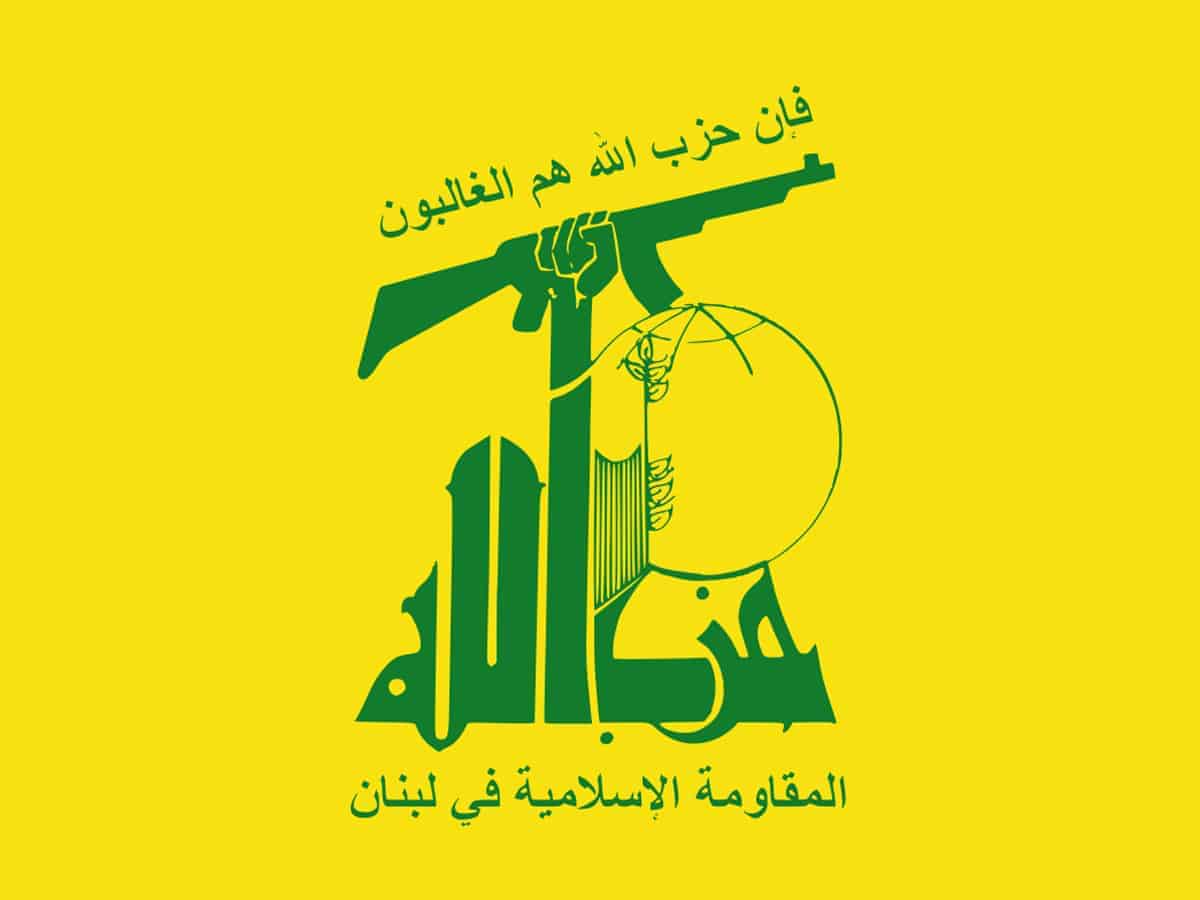
Beirut: Lebanon’s Interior Ministry has announced the final results of the 2022 parliamentary elections, which showed the loss of majority in the parliament by Hezbollah and its allies.
The Interior Ministry declared the parliamentary elections on Tuesday, Xinhua news agency reported.
Hezbollah and its allies secured 59 seats, down from 71 in the previous elections in 2018, which are fewer than the 65 seats needed to secure a majority in the 128-seat parliament.
The Free Patriotic Movement, a major Hezbollah ally, is no longer the largest Christian parliamentary bloc in the country as it won 18 seats compared to its rival the Lebanese Forces, which won 20 seats.
Moreover, Hezbollah lost key allies, including Druze leader Talal Arslan and Sunni leader Faysal Karame in Tripoli.
The results published by the Interior Ministry also highlighted the unprecedented gains achieved by 15 reformist candidates, in a breakthrough reflecting the public anger at the financial collapse.
This year’s elections are characterised by the absence of Saad Hariri, the most prominent Lebanese Sunni figure, former Prime Minister and leader of the Future Movement.
Hariri announced on January 24 his withdrawal from Lebanon’s political life, attributing his decision “to the absence of any positive opportunity for Lebanon in light of Iranian influence, national division and sectarianism”.
The Ministry noted that the voter turnout in the 2022 parliamentary elections reached 42 per cent, down from 49 per cent in the 2018 elections.
This year’s parliamentary elections were the first held since the financial and economic collapse and the 2019 protests against the ruling political class, blamed for the deteriorating situation in the country.
A total of 718 candidates, including 118 female candidates, who were distributed among 103 lists, competed for this year’s parliamentary elections in Lebanon.
